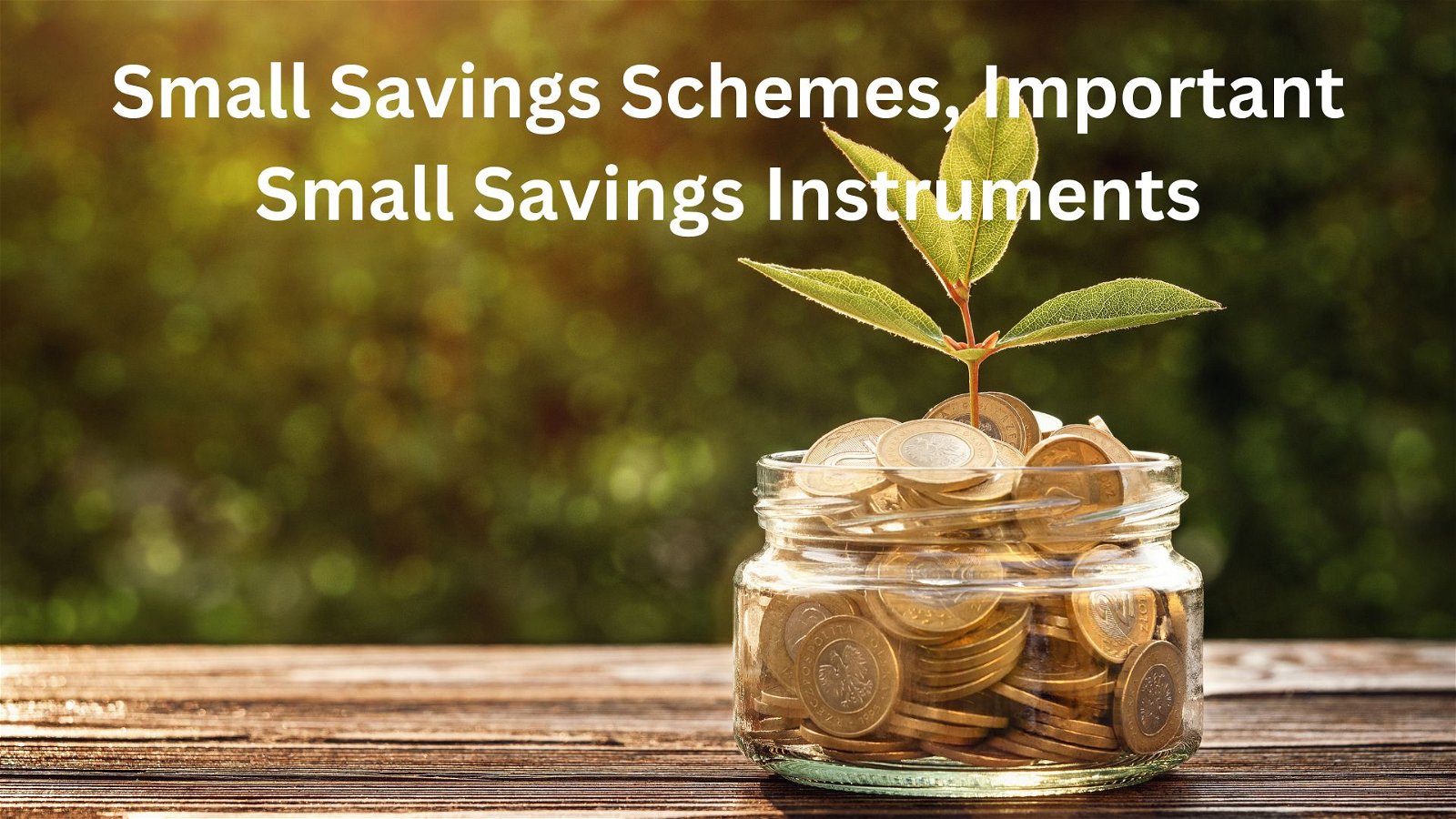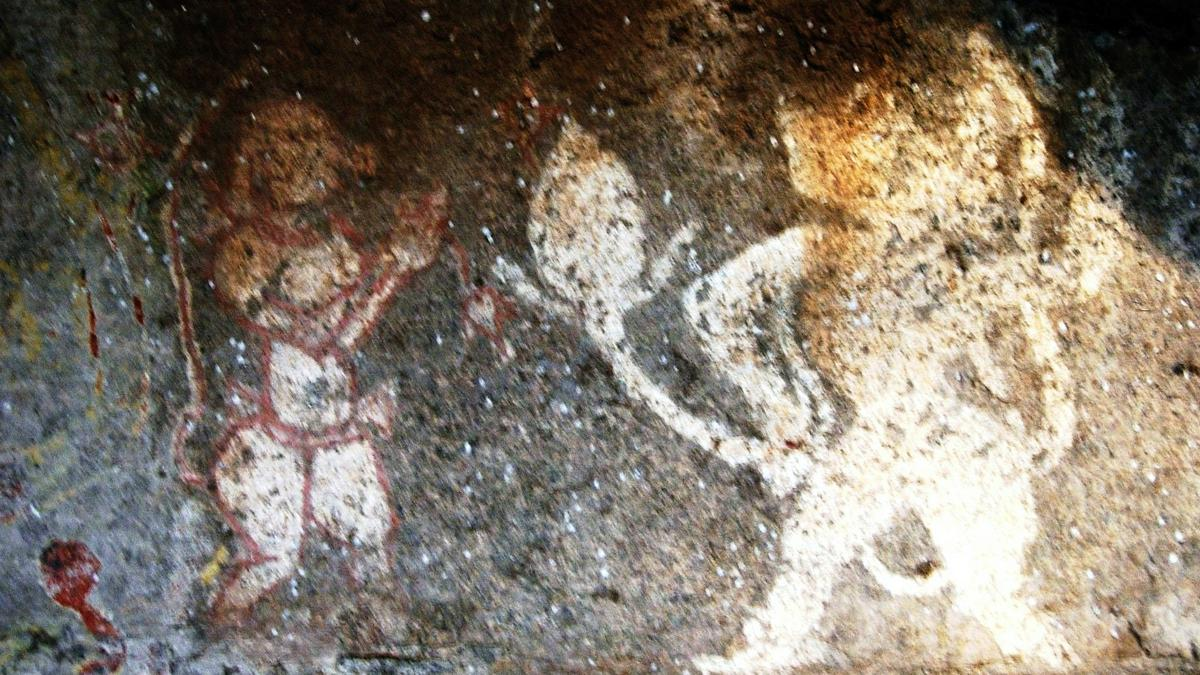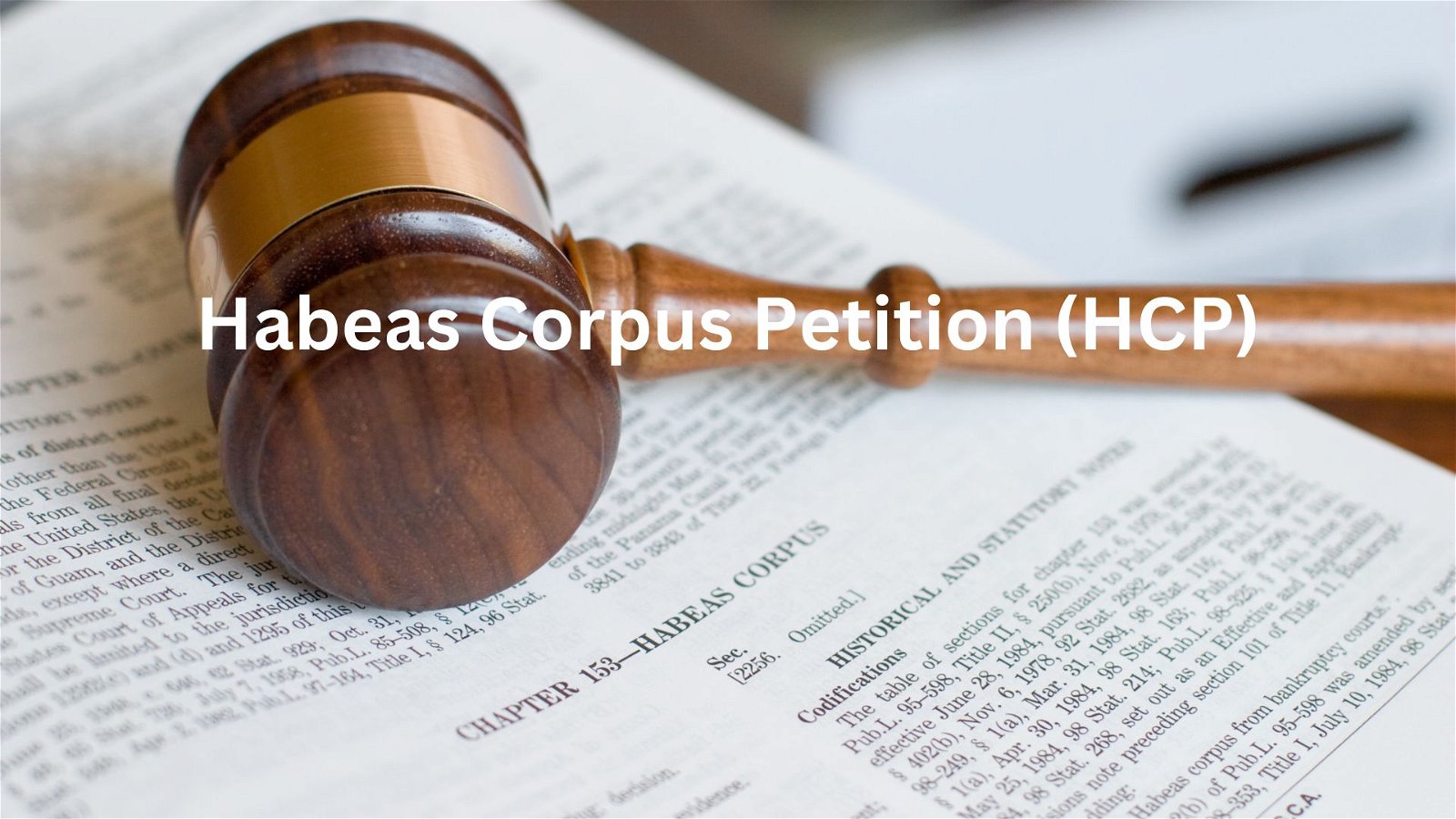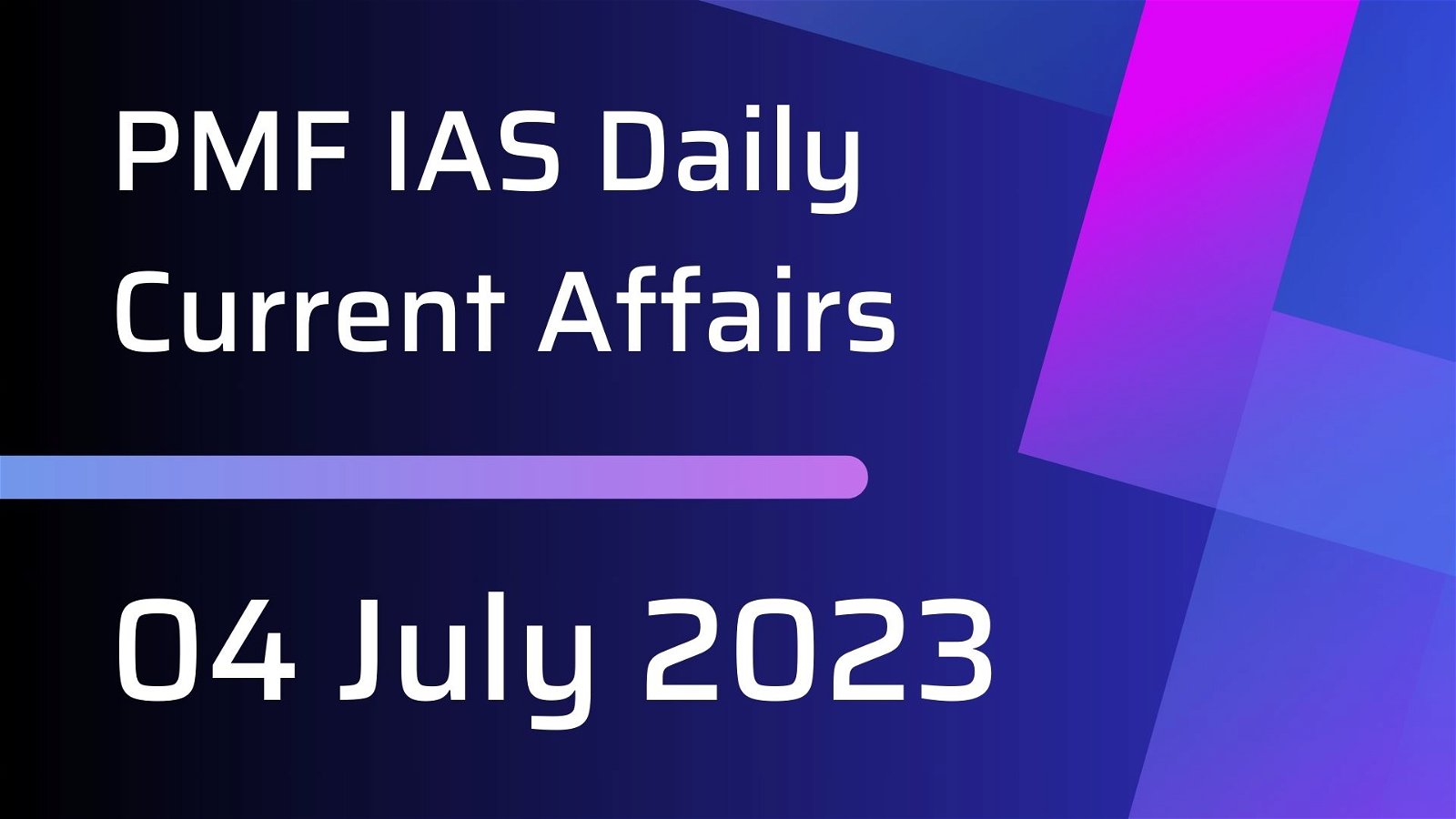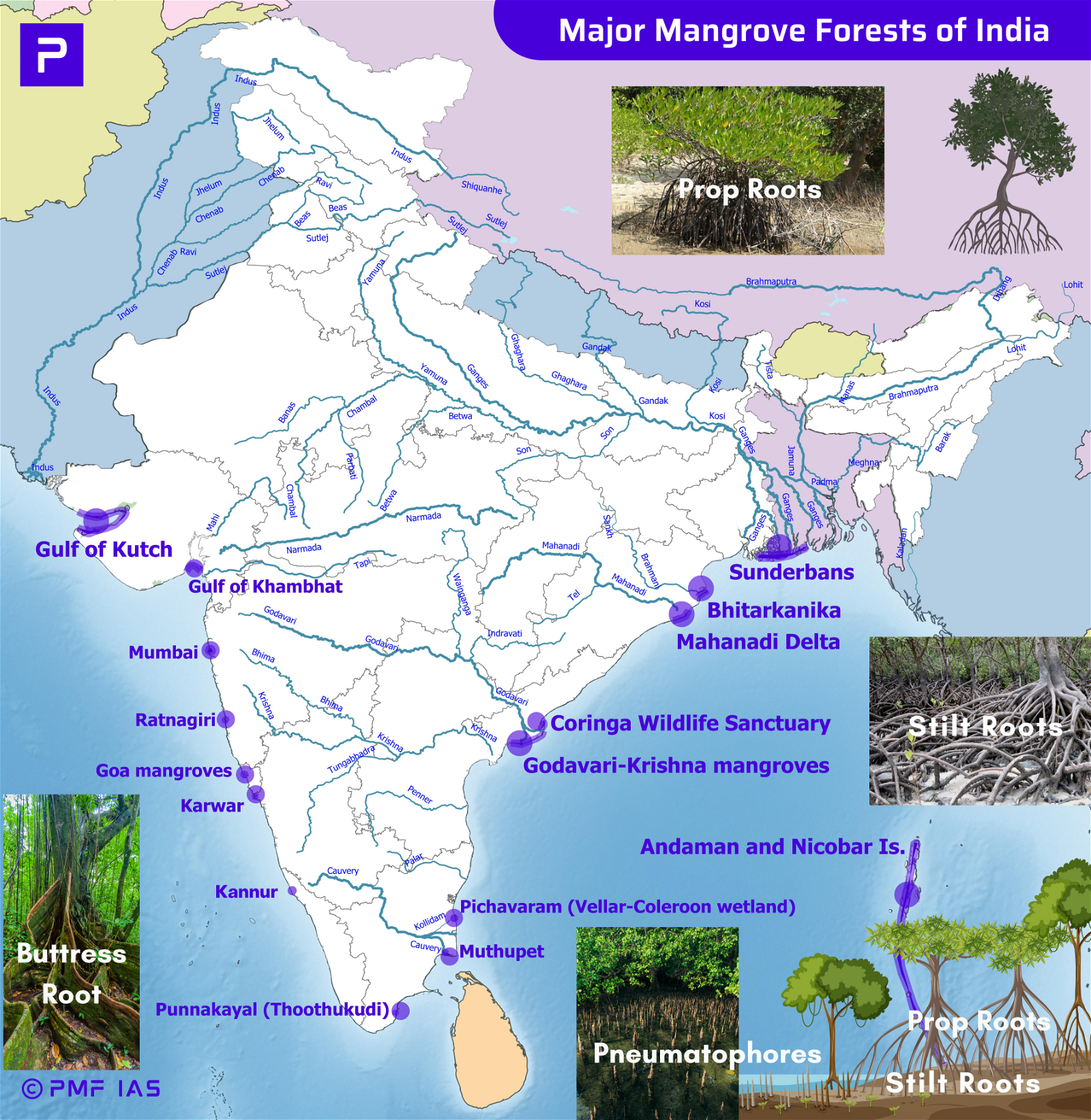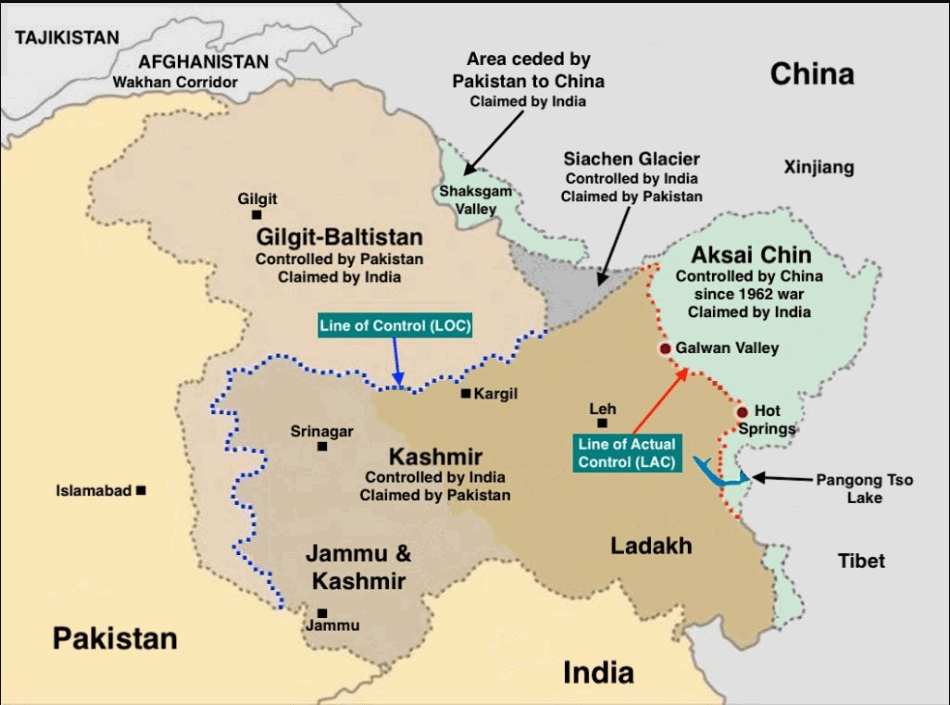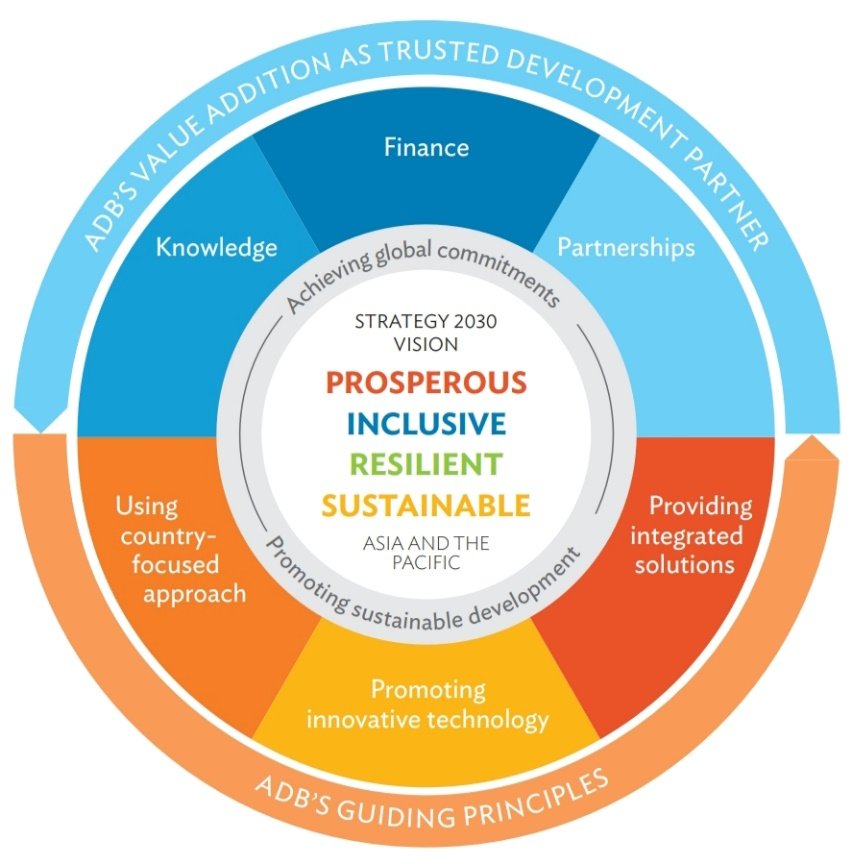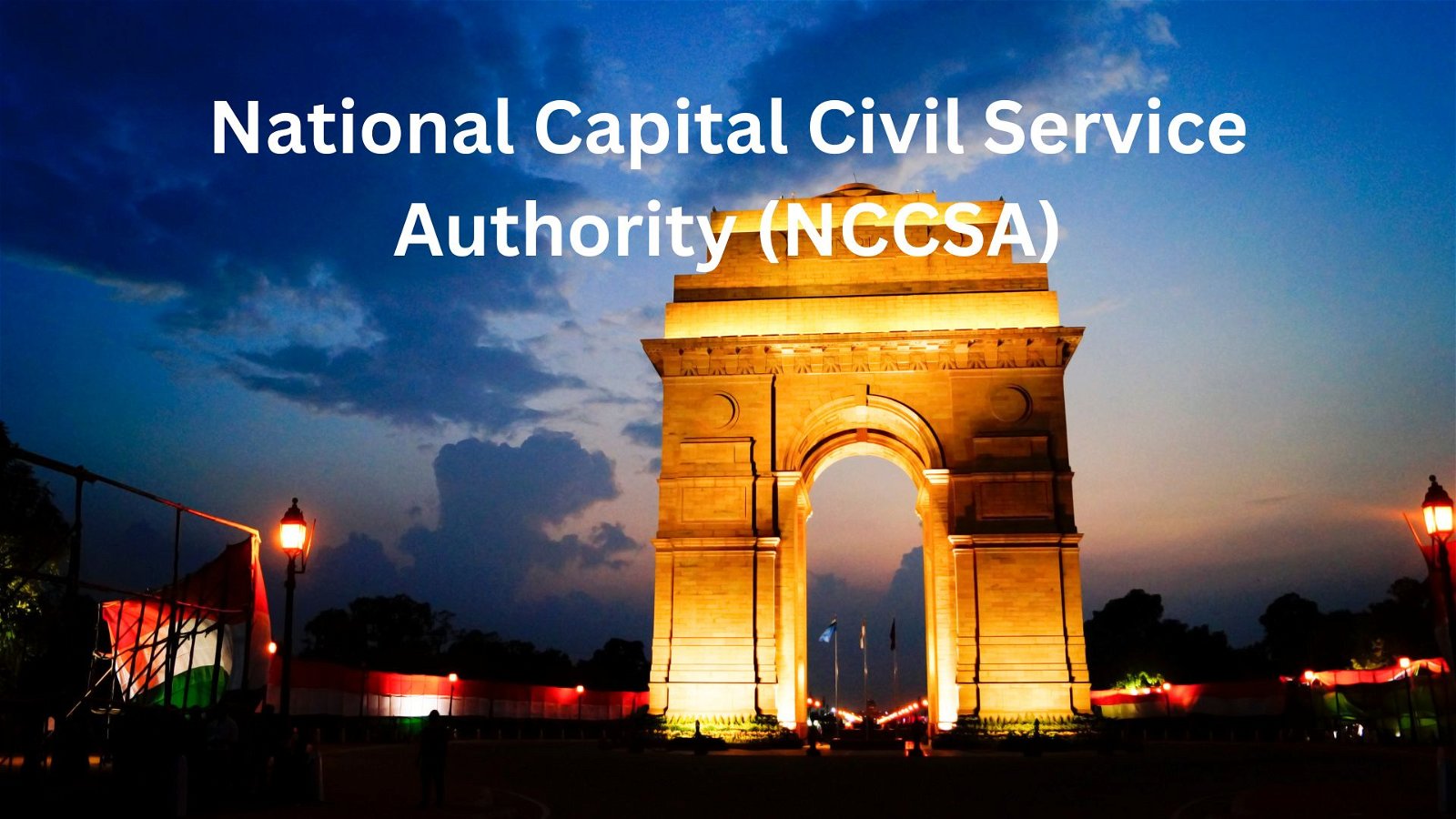
Polavaram Irrigation Project, Konda Reddis, Koya Tribes
Subscribe to Never Miss an Important Update! Assured Discounts on New Products!
Must Join PMF IAS Telegram Channel & PMF IAS History Telegram Channel
Polavaram Irrigation Project
- Context (DTE | TH): Konda Reddis (a Particularly Vulnerable Tribal Group) and Koya tribes in the Godavari region, displaced due to the Polavaram Project, are now deprived of their livelihood.
- Polavaram Project is a multi-purpose irrigation project on the Godavari River in Andhra Pradesh.
- It is being constructed based on the recommendations of the Godavari Water Disputes Tribunal (1969), which issued its final award in 1980.
- The reservoir also spreads to Telangana, Odisha, and Chhattisgarh.
- It covers the Papikonda National Park of Andhra Pradesh.
- It will facilitate inter-basin water transfer from the Godavari to the Krishna through a link canal.
- It is a centrally funded project for irrigation, hydropower, and drinking water facilities.
- As per the Andhra Pradesh Reorganisation Act, 2014, it has been declared a National Project.
- Since it is a National Project, the Ministry of Tribal Affairs shall ensure that all eligible tribes get the proper compensation for the loss of land and livelihood due to the acquisition of forest lands.
National Project
|
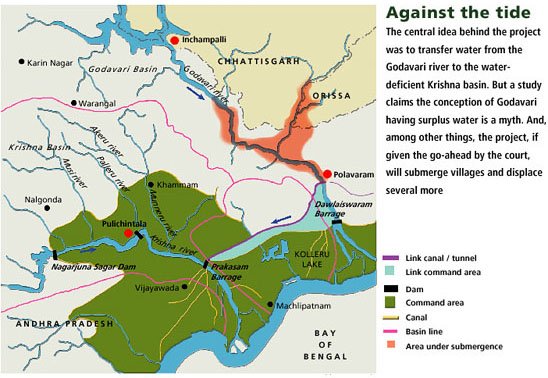
Konda Reddis
- Konda Reddis (or Hill Reddis) is a tribe in Andhra Pradesh, Telangana, Tamil Nadu, and Odisha.
- They are a designated Scheduled Tribe in AP and belong to the Particularly Vulnerable Tribal Group.
- Their traditional occupation is collecting forest resources and cultivating millets, maize, pulses, and vegetables through podu cultivation (the name of shifting cultivation in Andhra Pradesh).
- The Godavari region which they inhabit is famous for mangoes. and before plucking the mangoes, the Konda Reddis perform a ceremonial community dance known as Mango Dance.
- They worship dead ancestors, the hills, local and Hindu gods.
Particularly Vulnerable Tribal Group (PVTG)
|
Koyas
- Koya tribe is found in Andhra Pradesh, Telangana, Chhattisgarh, and Odisha.
- Traditionally, Koyas were soldiers of the palegars (feudal lords) and practiced podu cultivation.
- Today, Koyas are mainly settled cultivators and artisans.
Legal Provisions for the Protection of Forest Rights of Scheduled TribesSTs and Other Traditional Forest Dwellers (Recognition Of Forest Rights) Act, 2006
Right to Fair Compensation and Transparency in Land Acquisition, Rehabilitation and Resettlement Act 2013 (LARR Act)
|





![PMF IAS Environment for UPSC 2022-23 [paperback] PMF IAS [Nov 30, 2021]…](https://pmfias.b-cdn.net/wp-content/uploads/2024/04/pmfiasenvironmentforupsc2022-23paperbackpmfiasnov302021.jpg)

